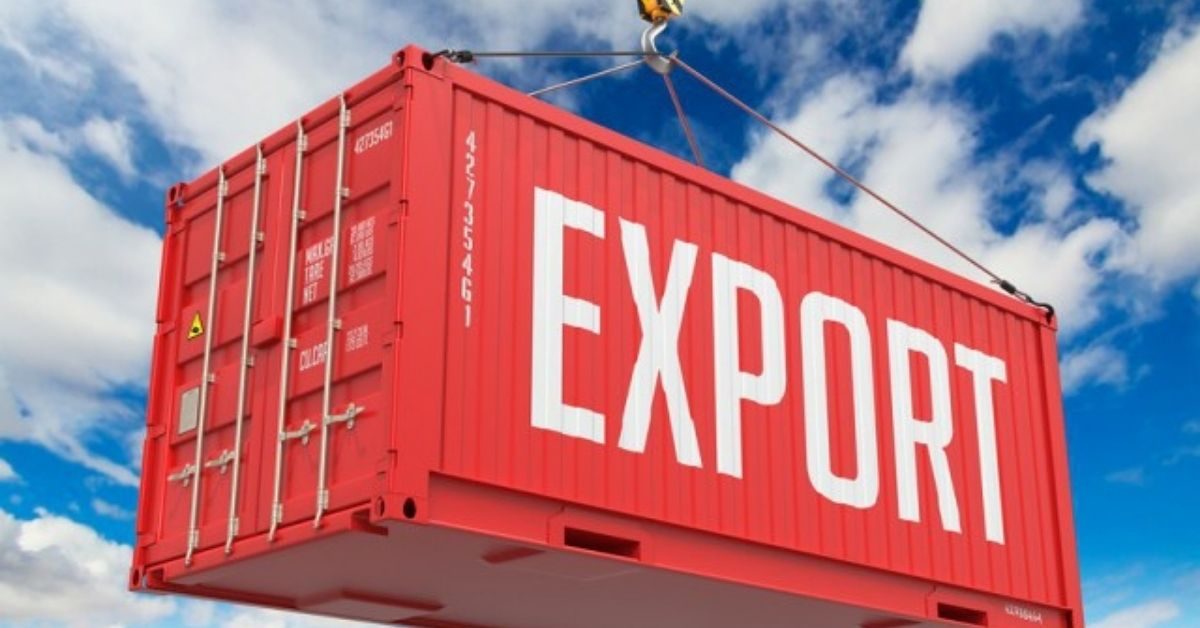Source: Business Standard
Timed amid the ongoing sowing season in Australia, this move is anticipated to incentivise Australian farmers to increase both the acreage and production of Bengal gram for export to India, according to a report in The Economic Times (ET).
A source, quoted by ET, said, “The Australian farmers will sow chana till the end of May. India’s decision of removing import duty will encourage them to sow more chana for the Indian consumers.”
However, the report said, a segment within the pulses industry thinks that the removal of the import duty on desi chana could dissuade Indian farmers from planting chana in the upcoming season, potentially increasing India’s reliance on imports.
Last week on Friday, India removed the 40 per cent import duty on desi chana and extended the duty-free import of yellow peas. As a result, international prices surged to $800 per tonne on Saturday, up from the previous range of 720-750 per tonne.
A source said the Australian chana is set to arrive in India starting from November, clashing with India’s rabi sowing season.
While the Centre has estimated India’s chana production for 2023-24 to reach 12 million tonnes, trade estimates indicate a figure closer to 8 million tonnes, falling short of India’s demand, which exceeds 9 million tonnes. India is anticipated to import chana from Tanzania post-August, followed by imports from Australia, the report said.
However, the industry is surprised by the government’s choice to prolong the duty-free import of yellow peas until October, considering that trade estimates indicate around 1.8-2 million tonnes of yellow peas have already been imported into the country.’
The ET quoted pulses processor Nitin Kalantry as saying that both decisions have been made considering the shortfall in the domestic market and the welfare of consumers.







